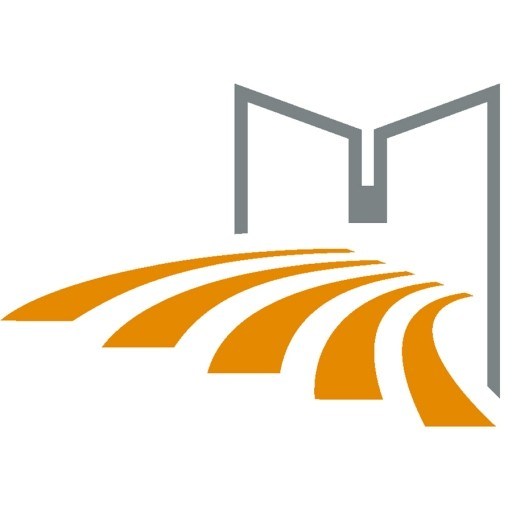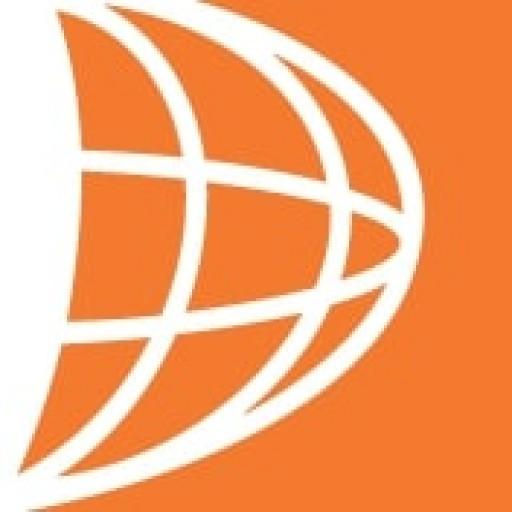The curriculum provides students with a thorough theoretical and statistical grounding in econometrics, microeconometrics, time-series analysis, game theory, and behavioural game theory as well as in experimental economics and field experiments. It comprises three areas of specialisation:
1) Globalisation, Geography, and the Multinational Firm
2) International Finance
3) Governance, Institutions, and Anti-Corruption
1) Globalisation, Geography and the Multinational Firm: e.g., international trade; trade policy, international integration, and world trade systems; growth, inequality, and poverty; business location theories; the multinational firm; international business taxation; economics of migration
2) International Finance: e.g., international monetary economics; money, interest and inflation; advanced macroeconomics; empirical finance; case studies in monetary economics; capital market theory; financial market theory; business valuation
3) Governance, Institutions and Anti-Corruption: e.g., economics of corruption; anti-corruption and the design of institutions; development economics; economics of education; behavioural public economics; population economics; health, development, and public policy; auditing
1) Globalisation, Geography, and the Multinational Firm
2) International Finance
3) Governance, Institutions, and Anti-Corruption
1) Globalisation, Geography and the Multinational Firm: e.g., international trade; trade policy, international integration, and world trade systems; growth, inequality, and poverty; business location theories; the multinational firm; international business taxation; economics of migration
2) International Finance: e.g., international monetary economics; money, interest and inflation; advanced macroeconomics; empirical finance; case studies in monetary economics; capital market theory; financial market theory; business valuation
3) Governance, Institutions and Anti-Corruption: e.g., economics of corruption; anti-corruption and the design of institutions; development economics; economics of education; behavioural public economics; population economics; health, development, and public policy; auditing
Educational organisation
To be awarded the degree, you must earn a total of 120 ECTS credits. This includes the Master's thesis which amounts to 20 ECTS credits.Study abroad unit(s)
We recommend that students spend their third semester abroad. This is facilitated by existing partnerships and straightforward handling of learning agreements.General information and assistance in selecting scholarship programmes as well as information about our partner universities and exchange programmes is available from the International Office.
E-mail: international@uni-passau.de
See: http://www.uni-passau.de/en/international/
Internships
There is no formal internship requirement for students completing this programme.If you wish to complete a voluntary internship, you are responsible for searching for an internship, clarifying the outline and making all necessary arrangements. We recommend that students complete an internship, as it allows them to gain valuable work experience in a selected occupational field whilst still at university, while at the same time offering them the opportunity to apply their knowledge and skills acquired in their studies. This also allows them to reflect upon their career aims and establish contact with potential future employers.
Your primary contact for all employment-related matters is the Careers Service.
For more details, please see: http://www.uni-passau.de/en/careerservice/.
Forms of assessment
Courses and seminars operate on the assumption that students will do a good deal of preparation and follow-up work outside of the classroom. They will receive some support from the respective lecturers but, nevertheless, conduct this work independently.Modules are assessed during or at the end of each semester. European Credit Transfer and Accumulation System (ECTS) credits are awarded when the respective module has been passed and the required coursework submitted. Assessments and coursework are usually graded. The forms of assessment include written and oral examinations, student presentations and written reports, essays and papers, or a combination of the above. A thesis must be written as part of the programme.
Course objectives
This programme of study qualifies graduates for both research and management positions in international companies and organisations. It aims to convey a deeper understanding of the economics of the flow of trade, investment and finance, their planning and projection as well as underlying opportunities and risks. Students will be trained to analyse business location and investment decisions both in industrial countries and in emerging markets. The effects and deficits of global institutions will be revealed in the process. The Master's degree will qualify the graduates to pursue a doctorate, e.g., at the Graduate School of the University of Passau, or to undertake comparable research activities.Language requirements
Students are asked to demonstrate their proficiency in German in the form of a German language test (DSH-2 or TestDaF 4x4) before commencing studies.Applicants who are not native speakers of English are required to prove their proficiency in English at the level of UNIcert II or B2 of the Common European Framework of Reference for Languages (CEFR).
Required DSH / TestDaF
YesAcademic requirements
Applicants for the Master's programme must have a good first university degree in, or with a strong focus on, economics, business. or a related subject, obtained after completing a programme of study with a minimum full-time standard period of study of three years.For an overview of the German marking scale, please visit http://www.uni-passau.de/en/international/coming-to-passau/information-for-new-students/marking-system/.
Want to improve your English level for admission?
Prepare for the program requirements with English Online by the British Council.
- ✔️ Flexible study schedule
- ✔️ Experienced teachers
- ✔️ Certificate upon completion
📘 Recommended for students with an IELTS level of 6.0 or below.
Enrolment fees
The enrolment fee amounts to 70 EUR per semester. This comprises the student association contribution of 52 EUR and the semester bus pass, which costs 18 EUR.Costs of living
As a bare minimum, you should budget for about 660 EUR per month for accommodation, food, transport and other activities. Your actual expenses will vary depending on your lifestyle. Here is a breakdown of typical monthly expenses:Rent: 180-350 EUR
Food: 150-250 EUR
Public transport: included in the semester contribution
Books/other: 50-100 EUR
Job opportunities
For international students, a dedicated career adviser is on hand. The iStudi Coach will answer all of your questions about finding work or placements in Germany or abroad.http://www.uni-passau.de/en/istudi/
Please note that students from non-EU countries must apply for a work permit at the national job centre if they would like to work more than 240 half-days per year. Students from EU member countries do not require a work permit.
Funding opportunities within the university
In general, scholarships are awarded on the basis of academic performance; applicants' financial situations are only taken into consideration to a minor degree and scholarships (especially those from the university) are not usually awarded before the commencement of studies. If you intend to apply for a scholarship while you are still in your home country, please contact the German Embassy or the German Consulate at your earliest convenience.http://www.uni-passau.de/studium/waehrend-des-studiums/kosten-finanzierung/stipendien/
Arrival support
Twice a year, at the beginning of each semester before lectures start, the International Office holds orientation weeks for new international students. These are designed to help students settle in, make new friends quickly, and get to know important contact people. All international exchange students are required to attend the orientation weeks, and attendance is strongly recommended for international degree-seeking students.For more details, please see: http://www.uni-passau.de/en/intl-orientation-weeks/
Services and support for international students
The International Office provides advice, information and assistance. Under the student buddy scheme, each international student is paired off with a German student buddy who helps the international student with all organisational and personal matters.For more information, please see http://www.uni-passau.de/international or write to international@uni-passau.de.
Accommodation
Most students in Passau live in privately rented flats, often shared with other students. A number of rooms are also available in our halls of residence. Some of these halls of residence are within walking distance of the university and others are more conveniently reached by bicycle or bus. However, all of our halls of residence are less than thirty minutes from the university.A room on the private market costs about 200-350 EUR a month. Landlords usually require a deposit of one or two months' rent when you move in, which will be returned to you at the end of the rental period, provided you leave your room in good condition.
The International Office can arrange for accommodation for either six months (one semester) or one year (two semesters). However, this service is subject to availability.
Rooms in halls of residence cost 200-270 EUR per month. These are fully furnished, with kitchen and bathroom facilities.
For more details, please see: http://www.uni-passau.de/en/study/campuslife/accommodation/.










